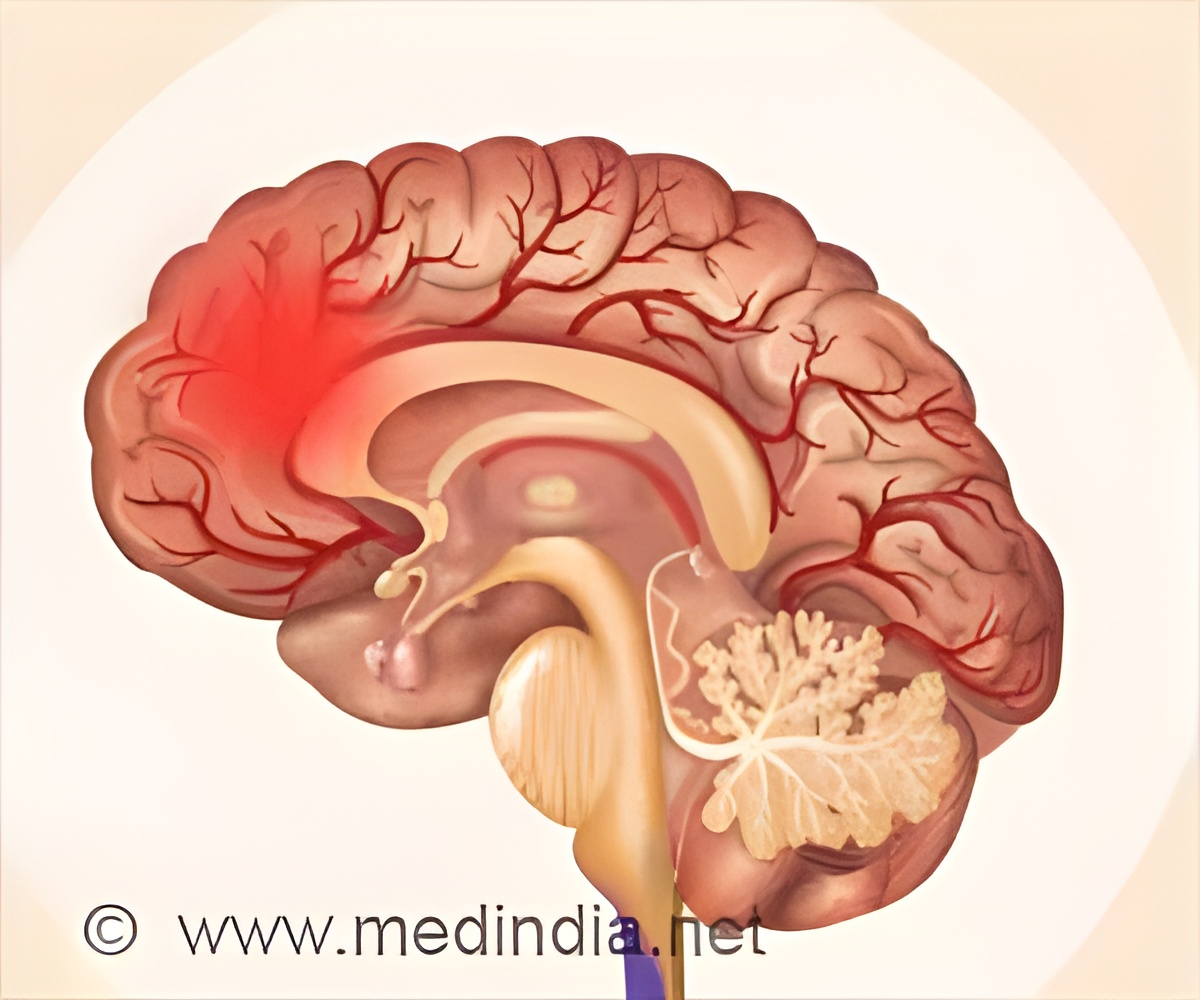
‘The rhythms of the brain and body are coupled. For instance, the neural activities of the hippocampus and the breathing pattern have been shown to oscillate in synchrony. ’
Tweet it Now
In the experiments the conditioned stimulus was a tone followed by an air puff directed at the eye. The unconditioned stimulus, the air puff, causes an involuntary eyeblink. Eventually the blinking of the eye occurs spontaneously before the air puff as a result of learning. The neuronal responses to the tone were modulated by the cardiac cycle in both humans and rabbits. In addition, the learning rates of the rabbits were enhanced when the conditioned stimulus was presented during the resting phase of the cardiac cycle. "Our results showed that the processing of the external information varies during the phases of the cardiac cycle," says Tomi Waselius. "It is possible that the activity of the cardiorespiratory neurons in the brain stem affects the overall neural state of the hippocampus and thus the neural processing of the external information. This is only speculation and we have commenced complementary studies to support these ideas." Waselius suggests that it would be interesting to study how bodily rhythms modulate learning in, for example, Alzheimer patients.
Source-Eurekalert












